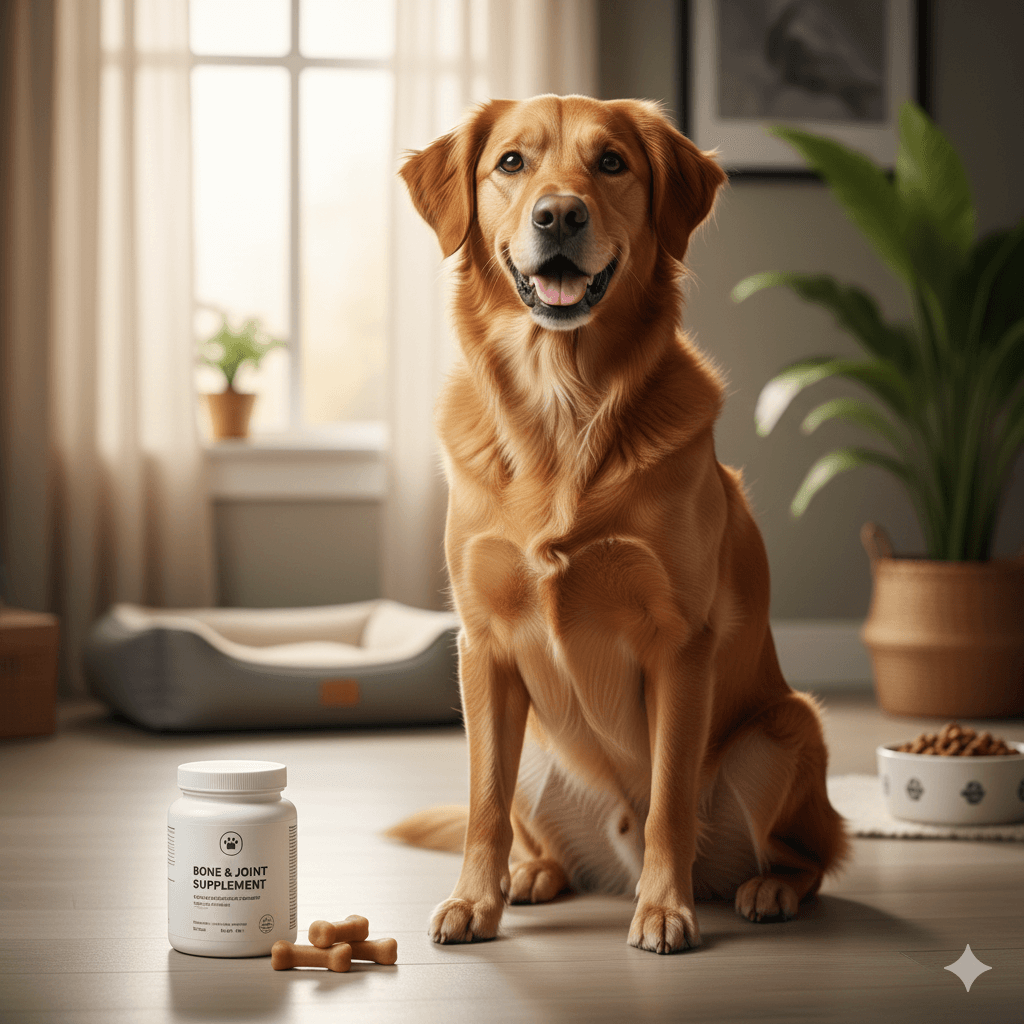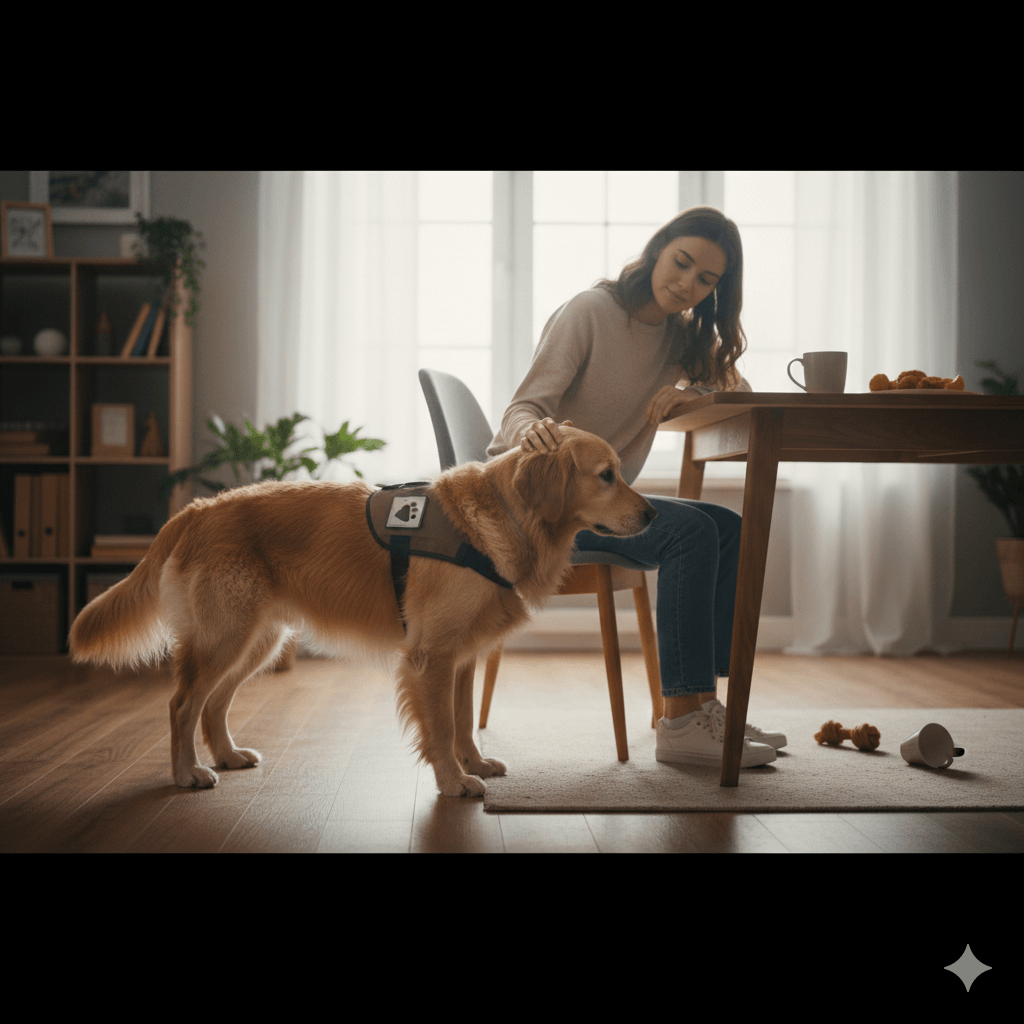Can Humans Get Fleas from Dogs?
Fleas are a common nuisance for pets, particularly dogs, but many pet owners wonder if these tiny pests can also affect humans. While fleas primarily target animals, they can occasionally bite humans, causing discomfort and raising concerns about health risks. Understanding how fleas interact with humans and pets is essential for effective prevention and treatment. In this blog post, we’ll explore whether humans can get fleas from dogs, the risks involved, and practical steps to keep your home and family flea-free.
How Fleas Typically Affect Dogs and Humans
Fleas are parasitic insects that thrive on the blood of mammals, including dogs and humans. While their primary hosts are animals, they can still impact humans in various ways. Here’s what you need to know about their behavior and effects.
Flea Infestations Start with Pets:
Fleas usually enter homes through pets like dogs, laying eggs and multiplying rapidly in carpets, bedding, and furniture.Bites on Humans Are Possible:
Although humans aren’t ideal hosts for fleas, they may bite exposed skin, leaving itchy red bumps.Flea Bites Are Rarely Dangerous:
For most people, flea bites cause mild irritation, but allergic reactions or infections can occur in rare cases.Pets Suffer More Than Humans:
Fleas prefer animal hosts due to their fur, making dogs more vulnerable to infestations than humans.Shared Environments Increase Risk:
Living in close quarters with an infested pet increases the likelihood of flea exposure for humans.
While humans can experience flea bites, the real focus should be on treating the pet and eliminating fleas from the environment to prevent further issues.

Signs That Fleas May Be Affecting Your Home
Detecting a flea problem early can save you time, money, and stress. Look out for these signs that fleas may be affecting both your dog and your living space.
Excessive Scratching or Biting in Pets:
Dogs with fleas often scratch, chew, or lick their skin excessively, especially around the neck, ears, and tail.Visible Fleas or Flea Dirt on Your Dog:
Check your dog’s fur for small, fast-moving insects or black specks (flea dirt) that resemble pepper.Itchy Red Bumps on Human Skin:
Flea bites on humans typically appear as clusters of itchy, red bumps, often on the ankles or lower legs.Unusual Odors in the Home:
A musty smell in carpets, furniture, or pet bedding can indicate a flea infestation.Increased Pet Restlessness:
Dogs with fleas may seem restless or agitated due to constant discomfort and irritation.
Recognizing these signs allows you to take swift action to address the issue before it worsens.
Check this guide 👉Grass Fleas vs Dog Fleas: Best 7 Expert Tips!
Check this guide 👉Flea Allergy Dermatitis in Dogs: Best 7 Expert Tips!
Check this guide 👉Where Do Fleas Hide on Dogs? Best 7 Health Tips!
Preventing Fleas in Dogs | Protecting Your Home from Fleas |
|---|---|
Use veterinarian-recommended flea treatments | Vacuum carpets and upholstery regularly |
Bathe and groom your dog frequently | Wash pet bedding in hot water weekly |
Keep your yard clean and trimmed | Use flea sprays or foggers indoors |
Avoid contact with stray or infested animals | Seal cracks and crevices in walls |
Schedule routine vet check-ups | Maintain a pest-free outdoor area |
How to Treat Flea Bites on Humans
If you’ve been bitten by fleas, it’s important to address the issue promptly to minimize discomfort and prevent complications. Follow these steps to soothe your skin and promote healing.
Clean the Affected Area:
Wash flea bites with mild soap and water to reduce the risk of infection.Apply a Cold Compress:
Use a cold pack or damp cloth to relieve itching and swelling.Use Anti-Itch Creams or Lotions:
Over-the-counter hydrocortisone cream or calamine lotion can help alleviate irritation.Avoid Scratching the Bites:
Scratching can break the skin and lead to infections, so resist the urge to itch.Monitor for Allergic Reactions:
Seek medical attention if you experience severe swelling, redness, or signs of an allergic reaction.
By taking these measures, you can manage flea bites effectively while focusing on eradicating the source of the problem.
Steps to Eliminate Fleas from Your Home
Dealing with a flea infestation requires a comprehensive approach to ensure complete eradication. These steps will help you reclaim your home and protect your family.
Treat Your Dog Immediately:
Use vet-approved flea treatments, such as topical solutions, oral medications, or flea collars, to eliminate fleas on your pet.Wash All Fabrics:
Launder pet bedding, blankets, rugs, and clothing in hot water to kill fleas and their eggs.Vacuum Thoroughly:
Vacuum carpets, furniture, and hard-to-reach areas daily to remove fleas, eggs, and larvae. Dispose of vacuum bags immediately.Use Flea Control Products Indoors:
Apply flea sprays, powders, or foggers according to the manufacturer’s instructions to target hidden infestations.Maintain a Clean Yard:
Mow the lawn, remove debris, and treat outdoor spaces with pet-safe insecticides to prevent reinfestation.
Combining these strategies ensures a flea-free environment and prevents future outbreaks.
Health Risks Associated with Fleas
Fleas pose several health risks to both pets and humans, making it crucial to address infestations promptly. These risks highlight why flea control is so important.
Allergic Reactions:
Some individuals may develop allergic dermatitis from flea bites, leading to intense itching and discomfort.Tapeworm Transmission:
Fleas can carry tapeworm larvae, which can infect both dogs and humans if ingested accidentally.Anemia in Severe Cases:
Heavy flea infestations can cause anemia in small or young pets due to excessive blood loss.Secondary Infections:
Scratching flea bites can break the skin, increasing the risk of bacterial infections.Psychological Stress:
Persistent flea problems can cause anxiety and frustration for both pets and their owners.
Addressing these risks underscores the importance of proactive flea management.
Natural Remedies for Flea Control
For those seeking eco-friendly options, natural remedies can complement traditional flea control methods. These solutions are safe for pets and humans alike.
Diatomaceous Earth:
Sprinkle food-grade diatomaceous earth on carpets and pet bedding to dehydrate fleas naturally.Essential Oils:
Certain oils, like lavender and cedarwood, repel fleas when diluted and applied safely to pets or fabrics.Apple Cider Vinegar Spray:
Mix apple cider vinegar with water and spray it lightly on your dog’s coat to deter fleas.Herbal Flea Collars:
Herbal collars infused with natural repellents can help keep fleas away from your dog.Regular Grooming with a Flea Comb:
Use a fine-toothed flea comb to manually remove fleas and flea dirt from your dog’s fur.
Natural remedies offer gentle alternatives for flea prevention and control.
Preventing Flea Infestations in Multi-Pet Homes
Homes with multiple pets face unique challenges when it comes to flea prevention. These tips can help safeguard all your furry companions.
Treat All Pets Simultaneously:
Ensure every pet in the household receives flea treatment to prevent cross-infestation.Isolate New Pets Temporarily:
Quarantine new pets until they’ve been checked and treated for fleas, if necessary.Create a Flea-Free Zone:
Designate one room as a flea-free area where pets can retreat during treatment.Coordinate Cleaning Efforts:
Deep-clean shared spaces, including bedding, toys, and play areas, to eliminate fleas.Stay Consistent with Prevention:
Maintain a regular flea prevention routine for all pets, regardless of their exposure levels.
By taking these precautions, multi-pet households can minimize the risk of flea infestations and keep everyone comfortable.
Frequently Asked Questions About Fleas and Humans
Can fleas live permanently on humans?
No, fleas cannot live permanently on humans because our bodies lack the conditions they need to thrive.
What should I do if I suspect fleas in my home?
Start by treating your pet with flea medication and thoroughly cleaning your home, including vacuuming and washing fabrics.
Are flea bites dangerous for humans?
Generally, flea bites are not dangerous but can cause itching and minor allergic reactions. Seek medical advice if symptoms worsen.
How long does it take to get rid of fleas?
Depending on the severity, it may take several weeks to fully eradicate fleas from your home and pets.
Can fleas spread diseases to humans?
While rare, fleas can transmit diseases like typhus or plague under specific circumstances. Proper hygiene reduces this risk significantly.
Staying Proactive Against Fleas
While humans can get flea bites from dogs, the real solution lies in preventing and addressing flea infestations at their source. By understanding how fleas behave, recognizing early warning signs, and implementing effective treatment and prevention strategies, you can protect both your pets and your household. Remember, a flea-free home starts with regular pet care and maintaining a clean environment. With diligence and the right tools, you can keep these pesky parasites at bay and enjoy peace of mind.
Understanding Bone Supplement for Cats: Best 7 Expert Tips! – Safe, vet-approved guidance for strong feline bones & balanced nutrition.
Bone Supplement for Dogs: Best 7 Expert Tips! – Expert guide to calcium, collagen & bone health for every life stage.
Understanding Can Cats Get Sunburn: Best 7 Expert Tips! – Protect your feline from UV damage with vet-backed prevention strategies.
How to Train a Seizure Alert Dog: Best 7 Expert Tips! – Learn expert-backed steps to nurture natural instincts into reliable, life-saving seizure alerts.





